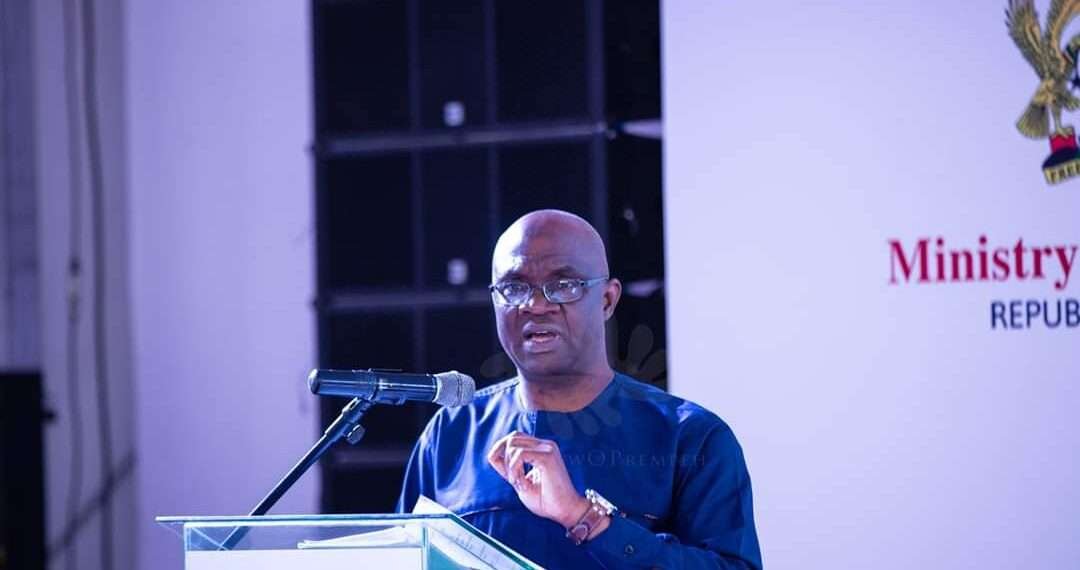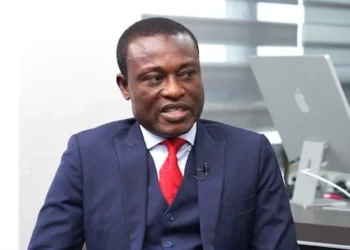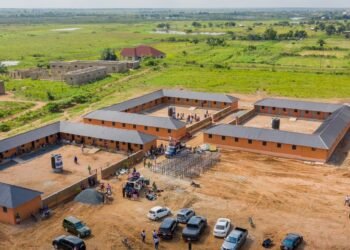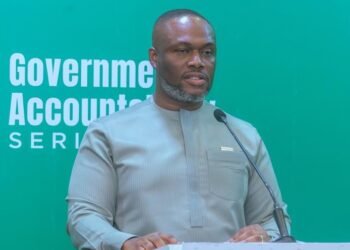Director-General of the Ghana Tertiary Education Commission (GTEC), Prof Mohammed Salifu, has revealed that Ghana’s bid to produce its first Bachelor of Education teachers from Colleges of Education is a novelty.
According to him, what the colleges have in the shape of the Bachelor of Education, is not just an upgraded program from the diploma that exists, but the program is also “structurally reconstructed” and focused on the practical aspect of teaching in the attainment of certain competencies which the teacher needs in the classroom to affect learning outcomes in school systems.
“I think everything about the program is a novelty in itself… We used to have a two-year post middle certificate program, then we went to four years, post middle certificate A… Since 2014, there was a decision to make this transformative intervention to focus teacher training on a certain policy; the policy which is driven by standards to drive the learning outcomes in the classrooms, preparing teachers who will be able to deliver this in our classrooms because we had significant concerns about learning outcomes.”
Prof Mohammed Salifu
Prof Salifu emphasized that there are not too many jurisdictions around the world that has minimum entry requirements in the teaching profession as compared to a Bachelor’s degree. However, he explained that in countries where they run the degree program, it counts among the very best in terms of learning outcomes.
Special features of degree program
Commenting on the uniqueness of the degree program, Prof Salifu noted that it stands out by virtue of its focus on practical training. By this, he indicated that as part of the curriculum, teachers right from level 100 to level 400 are constantly engaged in one aspect of the practical training or the other.
“The second one is that, we are not training generalist teachers; this is based on specialism now. So, you focus on early grade or primary education or you do JHS which are based on specific subjects you specialize in. These are very important aspect of this program… This is based on very specific standards.”
Prof Mohammed Salifu
The GTEC Director-General highlighted that the Commission has an expectation of what a teacher must be in the classroom and the kind of competencies that he must possess. He expressed the need to comprehensively detail expectation in the curriculum and also in instructions in preparing teachers so they are well-equipped with these standards.
“So, the national teachers standards and the assessment policy which we developed, are supposed to make sure that they keep them on track… We’ve also invested time and effort in upgrading the governance system within the colleges and then also building the capacity of the teachers who are teaching the pre-service teachers; in terms of the Colleges of Education teachers.”
Prof Mohammed Salifu
On his part, the National President for Principals of Colleges of Education (PRINCOF), Dr Emmanuel Nyamekye, indicated that teachers prior to the program had the opportunity of doing only two programs. Conversely, he explained that the degree program will afford teachers the requisite skill for optimum teaching experience.
“So, when they leave school, they are either sent to the primary or the junior high schools. But now we have quite a number of colleges pursuing early grade programs, we have all colleges doing primary education and then all colleges pursuing junior high school education. So, at the end of the day, when these students come out of training, they will be able to competently teach in these areas where they have specialized…”
Dr Emmanuel Nyamekye
Dr Nyamekye noted that due to the practical nature of the programs teachers are doing now, expectation is that, once they complete, they will be able to transfer what they have learnt to the students.
READ ALSO: Galamsey Fight: Putting My Presidency On The Line Was Neither Bombast Nor Recklessness- Akufo-Addo























